
How the Automotive Industry Influences the Environment and What You Can Do About It
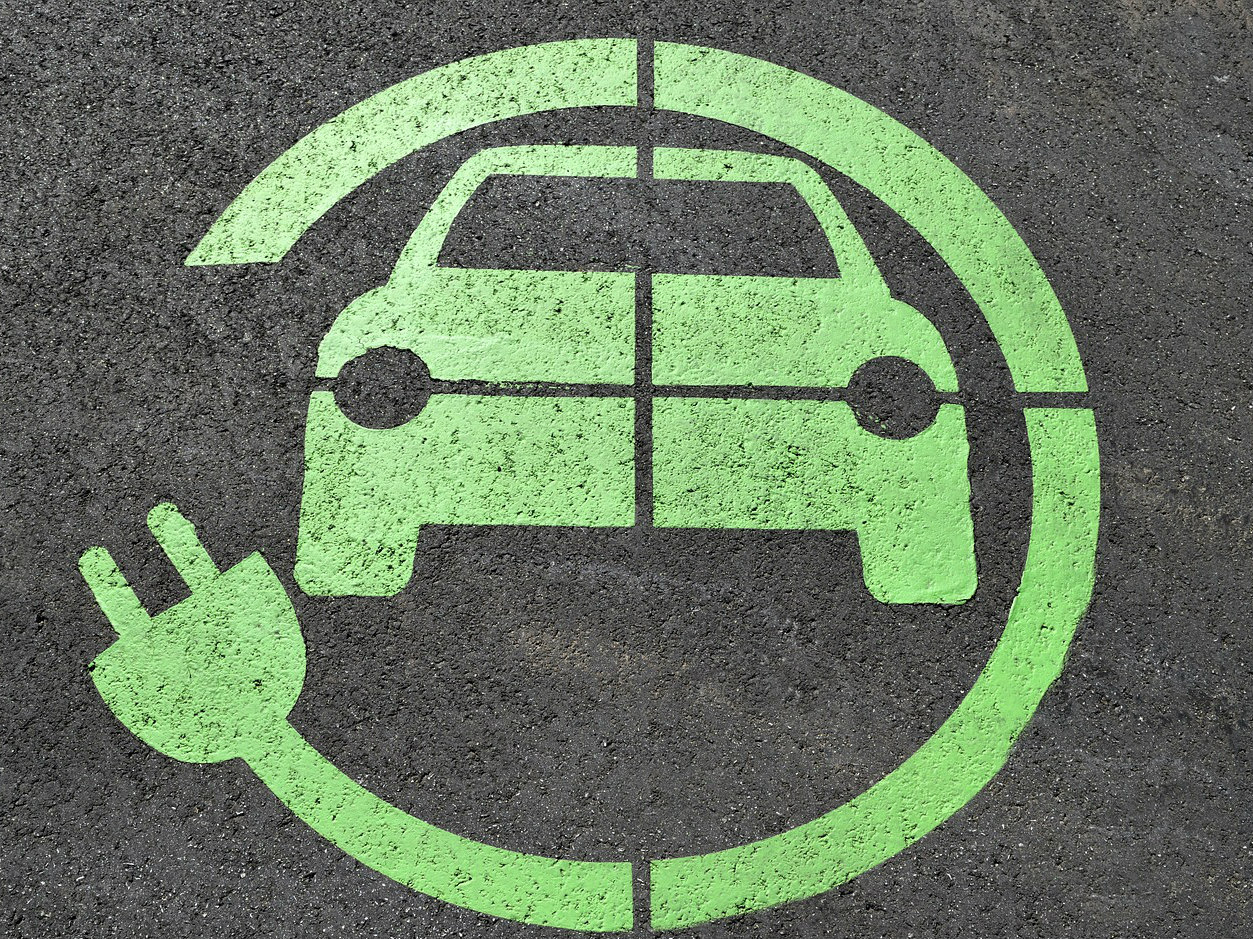
Needing to own a car can cause quite a dilemma when you know how it influences the environment. Manufacturing, use and recycling of cars all have an impact. But thanks to clean automotive technologies and growing awareness among car manufacturers and users, there are ways for both you as a car owner, and for industry professionals, to improve the situation.
Manufacturing processes
There are typically 39 different kinds of plastic in a car, and plastics account for 10% of a car’s weight, and 50% of its volume, making passenger vehicles about 450 pounds lighter than they were 40 years ago.
In developed countries, used car disposal is heavily regulated and this allows the industry to have access to a lot of sorted, usable, used, raw material. Polypropylene, polyurethane, and PVC account for 32%, 17% and 16% of plastics in a car respectively (two thirds in total). Just these three plastics therefore offer huge recycling opportunities. Using recycled, cheaper materials and better chassis design allows for cutting costs which is good for both the environment and the manufacturers’ finances.
As much as we’d like EV’s to be completely eco-friendly, battery manufacturing for electric cars still has a long way to go to be 100% sustainable.
When you buy a new electric car, you should pay attention to the battery replacement the manufacturer will provide and check whether they refurbish batteries.
However, if you’re planning on driving a fuel powered car, be aware that using an old car instead of buying a new one does not necessarily mean having a lower footprint. According to the 2000 MIT study ‘On The Road In 2020: A life-cycle analysis of new automobile technologies, older cars have a higher footprint than newer ones.
This means the ecological footprint of building a new car is actually offset after 3.5 years (compared to running an old car). This is because during a car’s lifetime, 75% of the footprint comes from the fuel it burns while manufacturing only represents 6% of the footprint.
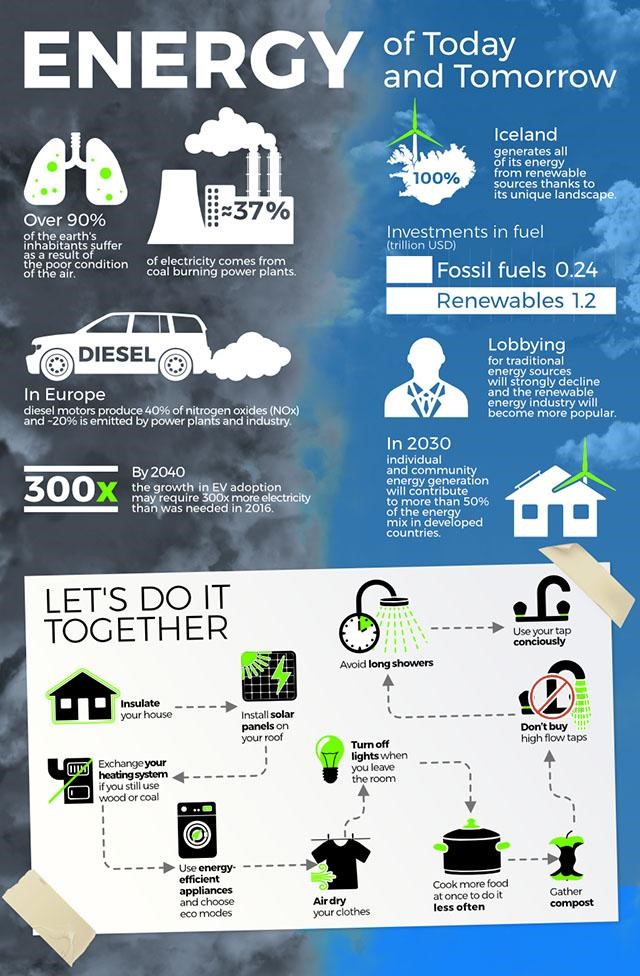
Using a car
The 1973 oil crisis, and ever since rising petrol costs, pushed auto manufacturers to design lighter and therefore more energy efficient cars. Nowadays the engines are more efficient than ever, and electric and hybrid cars are taking this trend further.
Using an electric car or adopting more efficient driving habits, such as keeping moderate speeds, results in more efficiency. Remember to keep your car clutter free as excess weight can cause more fuel usage. Also, be sure to turn off the AC when it’s not needed.
Biofuels or mixed fuels are tempting but their promise of a neutral carbon footprint is flawed. A lot of our fuel is partly mixed with palm oil, which in 2017 was responsible for half of the total global palm oil consumption – 4 million tons per year. Because the EU subsidizes palm oil in biofuels, many people actually use palm oil unknowingly. But whether it’s on our plates or in our cars, palm oil requires deforestation and threatens natural habitats, emitting three times more greenhouse gases than fossil fuel.
Other biofuels, like soy, also produce twice as much carbon as oil itself. Those who are based in the EU can sign the #NotInMyTank petition to ban palm oil from biofuels. Starting with clear labeling, it will allow any car owner to make a choice.
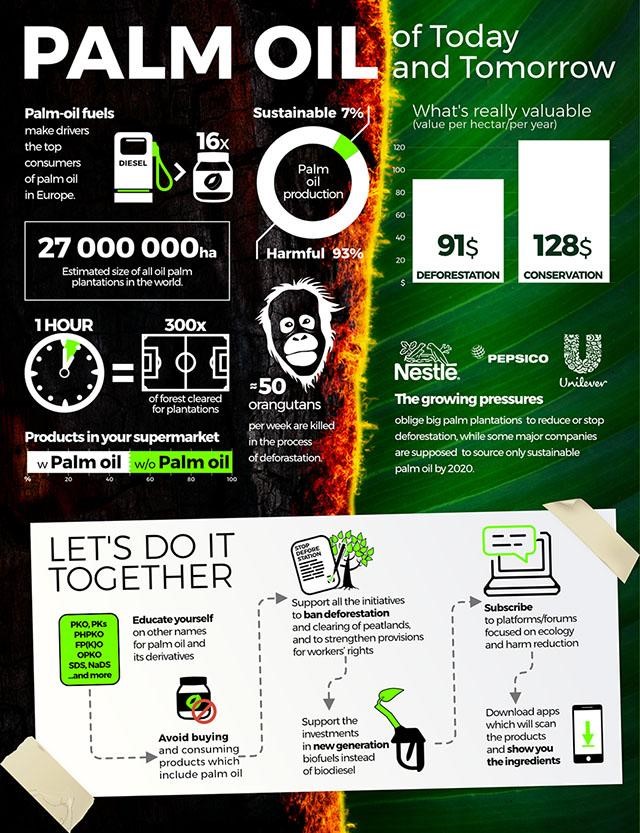
Recycling
Thankfully, metal is a precious commodity and its recycling is very common (about 97%). In developed and developing countries alike, spare part collection and resale is a thriving business. Each spare part reused is one that does not need manufacturing, and it is also very economical.
[my_ad_code]
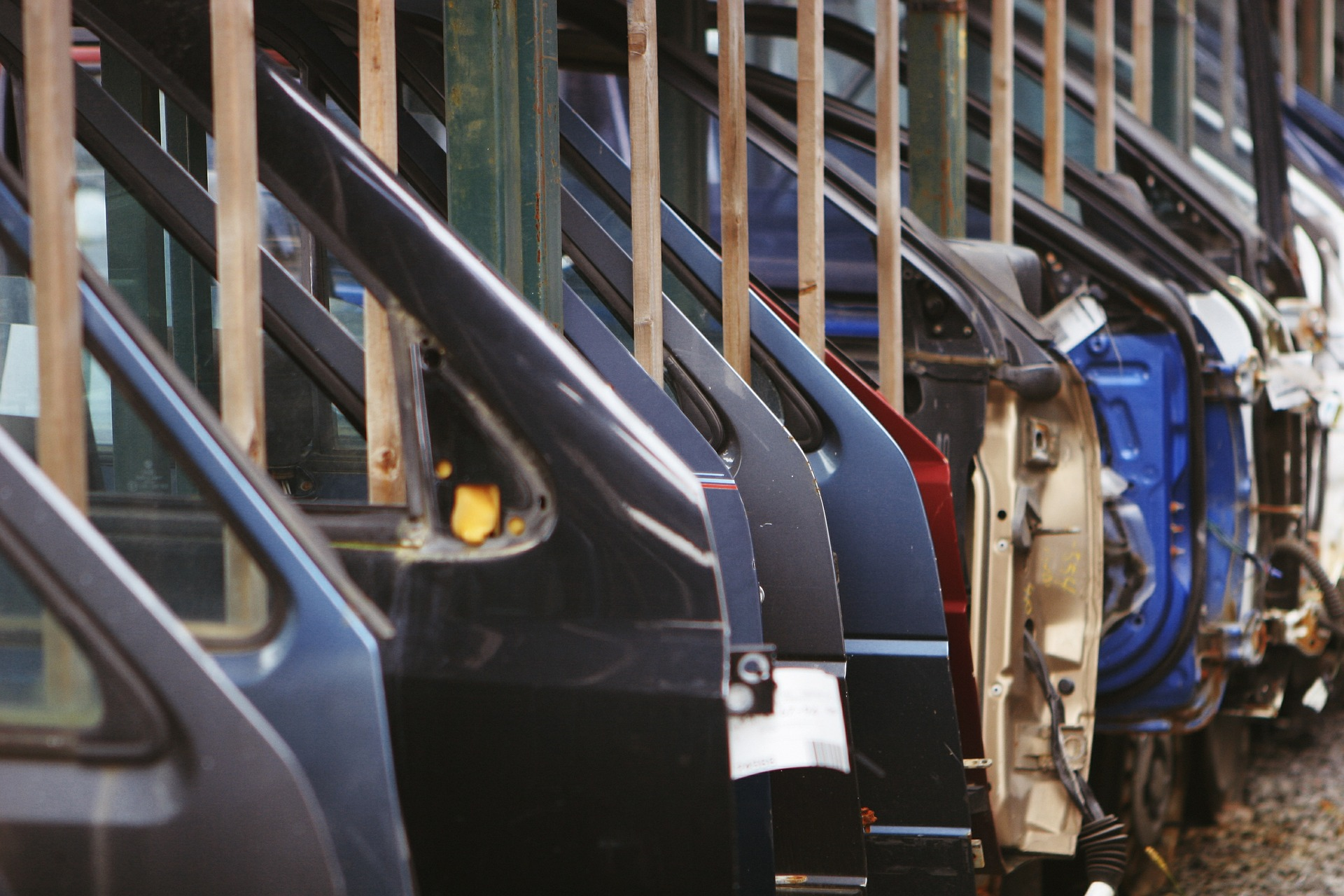
Similarly, while electric (e.g. Li-Ion) batteries are still very costly to produce, their refurbishing is a great opportunity for manufacturers to lower the maintenance cost of electric cars and therefore to gain market share.
Today, as always, we can do small things to help the environment. While some require us to pay more, others are in fact totally compatible with our own financial interest.
4 Comments
-
-
Isabella Manson
good article nice content and this info is very useful to us thank you for this post
-
Brock Miller
thank you very nice yes nice


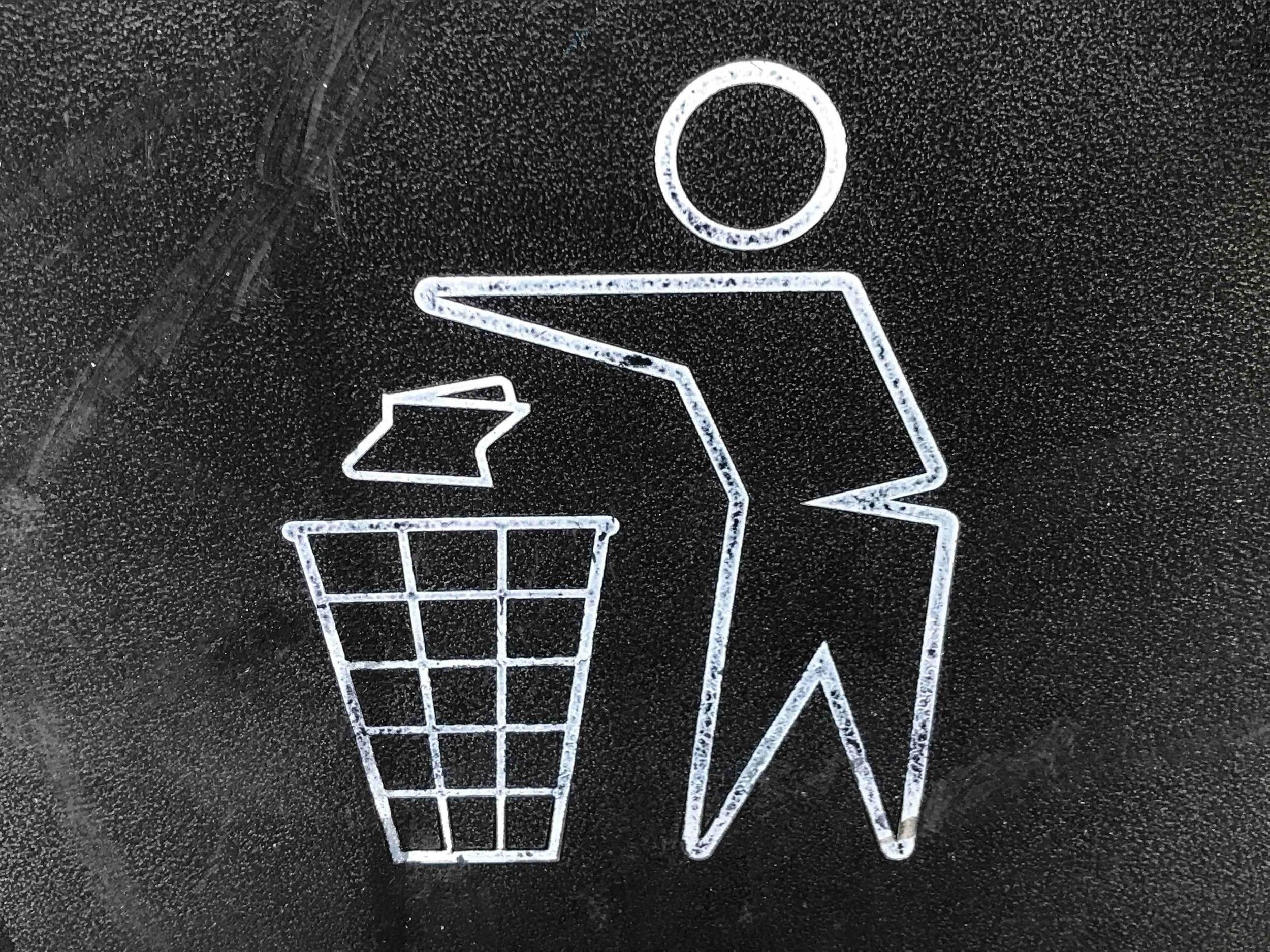
wayneroger
good article nice content and this info is very useful to us thank you for this post